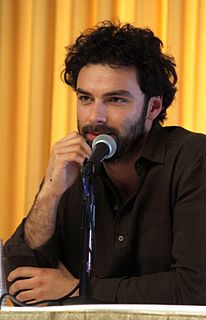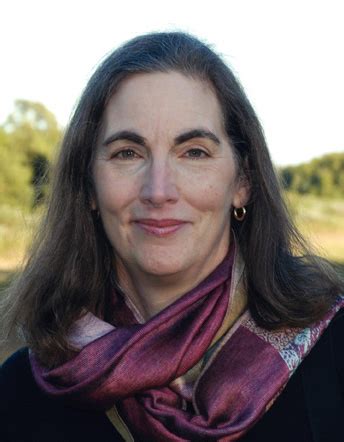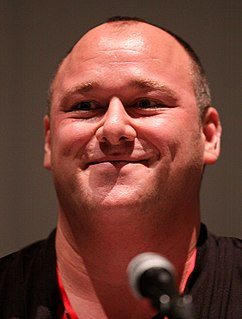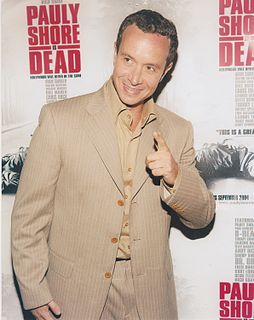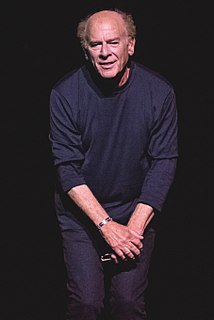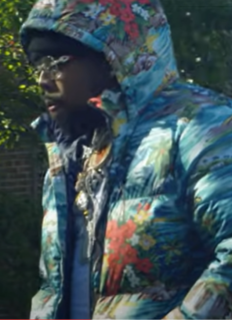A Quote by Peter Jackson
When you're starting out, you know, you have to do something on a very limited budget. You're not going to be able to have great actors, and you're most likely not going to have a great script.
Related Quotes
What you don't do, if you're an adult, is decide that you're going to budget things through a sequester. What does that word have to do with budgeting? It's like if you have a family budget and go, 'We really don't know what to take out economically from the budget, so we're going to whack out protein for this week.'
I don't ever like to feel myself in the position to demand of an actor that they trust I'm going to do something worthwhile. I feel a responsibility to articulate what it is I'm going to do. Whether that's showing them a full script or sitting down with them and describing my ideas in detail. It's a very healthy burden on me as a film director to be able to articulate what I want to do, to inspire actors, rather than just saying, take it on trust I'll be able to do something worthwhile.
The most important rule is to play great defense, not great offense. Everyday I assume every position I have is wrong. I know where my stop risk points are going to be. I do that so I can define my maximum drawdown. Hopefully, I spend the rest of the day enjoying positions that are going in my direction. If they are going against me, then I have a game plan for getting out.
Sometimes during a show or a film, while you're shooting it, you'll think, "This is great, it's going to be fantastic, the script is incredible, and the actors are great, and everything is working out brilliantly." And then you see it, and you kind of go, "Oh god, it's not as good as I thought it was," and it doesn't get an audience to watch it. It only does a couple of festivals and then dies and whatever.
English actors feel vaguely apologetic for being there at all. American actors know that the most important thing is to get one take out of fifty that is great, and they'll go to any length to get it. The English are used to working within consistently small, low-budget things and think, I mustn't waste their time.
I think the beauty of documentary work is that it's a mystery - you never know where it's going to lead you. You start out with some notion of it, but it's very different from a script. A script you write, you shoot against, and you know what the story is going to be. There's always the element of surprise, but the surprise comes from performance, from something that's improvised, it comes from someone who sees it inside an already determined framework. In documentary, it's never determined. It's never the same, and affords enormous possibility.








